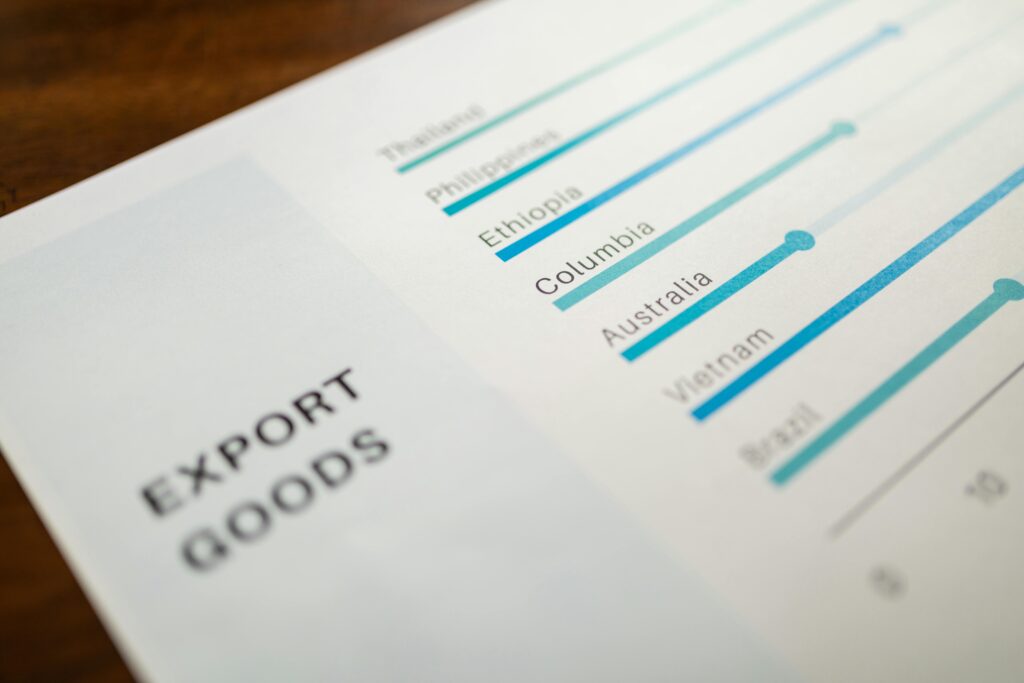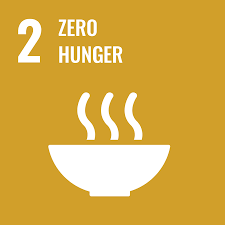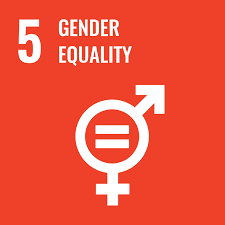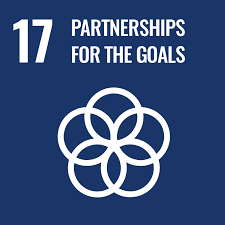In today’s fast-evolving world of international trade, African exporters are increasingly tapping into global markets from Europe to Asia and the Middle East. While this expansion presents immense opportunities for growth, it also exposes businesses to a rising threat: cross-border trade scams.
From fraudulent buyers to identity theft involving reputable corporations, the tactics used by scammers are becoming more sophisticated by the day. At Gathigia Muhindi Advocates, we’ve handled numerous cases where exporters have lost goods, money, and hard-earned reputations to such scams.”


Here’s how you can protect yourself both legally and practically.
Red Flags of Cross-Border Trade Scams
- Too-Good-to-Be-True Offers
Scammers often propose unrealistic order volumes, promise immediate payment, or use overpayment tactics to lure exporters into shipping goods prematurely. - Pressure to Act Quickly
Fraudsters push for urgent shipment without giving time for due diligence or proper documentation. - Refusal to Use Verified Trade Instruments
Many scammers resist using letters of credit, escrow services, or properly executed contracts. Some even offer fake LCs, providing fraudulent bank addresses – a tactic that has led to exporters losing both goods and original documentation. - Suspicious Contact Information
Be wary of businesses using free email services (e.g., Gmail, Yahoo) claiming to represent major corporations. Check for cloned or unverified websites. - Fake Documentation and Identity Fraud
This is increasingly common: forged business registration certificates, identity documents, or shipping papers. In many cases, scammers impersonate global brands and place orders on behalf of non-existent subsidiaries in foreign countries.
Legal Measures Exporters Can Take
1. Conduct Legal Due Diligence
Before entering into any agreement:
• Request official company registration documents
• Verify details through recognized company registries
• Engage a lawyer to perform a Know Your Client (KYC) and risk review
📌 Gathigia Muhindi Advocates offers expedited due diligence reports tailored to exporters
2. Use Written Contracts – Not Just Emails
Avoid relying on casual email or WhatsApp conversations. Instead:
• Have a lawyer draft an International Sales Contract
• Include clear terms on language, governing law, dispute resolution, Incoterms, and payment modalities
• Define remedies in the event of default or fraud
3. Insist on Secured Payment Methods
Avoid open credit unless you have a long-standing relationship with the buyer. Instead:
• Use Letters of Credit (LCs) issued by reputable banks — and independently verify the bank and its address
• Consider third-party escrow accounts or payment guarantees
4. Verify All Third Parties
If brokers, freight agents, or warehousing companies are involved:
• Request copies of licenses, references, and identification
• Never release goods without a verified logistics agreement
5. Have a Dispute Resolution Strategy in Place
Even with proper structures, disputes can occur.
• Register your contracts with the appropriate authorities where applicable
• Include arbitration clauses for cost-effective and confidential resolution
• Retain a law firm capable of pursuing fraud across jurisdictions
📌 We assist in tracing fraudsters and securing injunctions across Kenya and East Africa.

Real Case: The “European Buyer” That Never Paid
A multinational corporation allegedly placed a large order worth over USD 100,000 from a Turkish exporter, to be delivered to a supposed subsidiary in Uganda. Payment was to be made via a Letter of Credit.
The buyer provided a Swiss bank address and requested that the original shipping documents, including the Bill of Lading, be sent directly there. The goods were shipped, and the documents dispatched.
Later, upon conducting due diligence, the Turkish exporter discovered:
- The multinational had not placed any such order;
- The contact and bank information were fraudulent;
- The supposed bank was, in fact, a logistics company that had forwarded the documents to scammers in Uganda;
- The Ugandan “subsidiary” was only incorporated after the goods had been dispatched.
By the time the exporter realized the deception, the goods were already in transit and due to arrive in Kenya in just 3 days.
Upon receiving urgent instructions, we successfully secured a court injunction barring the release and transportation of the goods to Uganda. The court also ruled that ownership of the goods would not transfer to the fraudulent Ugandan entity, despite their possession of the original documents.
This entire scenario could have been prevented through early due diligence and a solid contract.”
In conclusion: Prevention is Better Than Litigation
Cross-border fraud is not just a theoretical risk – it’s a real and growing threat. Fortunately, it is one that you can prepare for.
How Gathigia Muhindi Advocates Can Help
At Gathigia Muhindi Advocates, we help exporters:
• Vet clients through transactional due diligence
• Draft and enforce international trade agreements
• Structure compliance frameworks
• Represent them in litigation and arbitration
• Recover losses whenever possible
📩 Ready to Trade Smarter, Not Riskier?
Book a session with us today:
📞 Call or WhatsApp: 0743 294 340
🌐 www.gma.co.ke
✉️ info@gma.co.ke
Let our team walk with you through your international trade journey.
Article prepared by Purity Gathigia, Managing Partner at Gathigia Muhindi Advocates, a boutique law firm based in Mombasa, Kenya.







